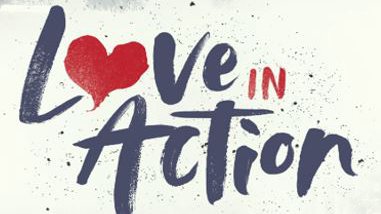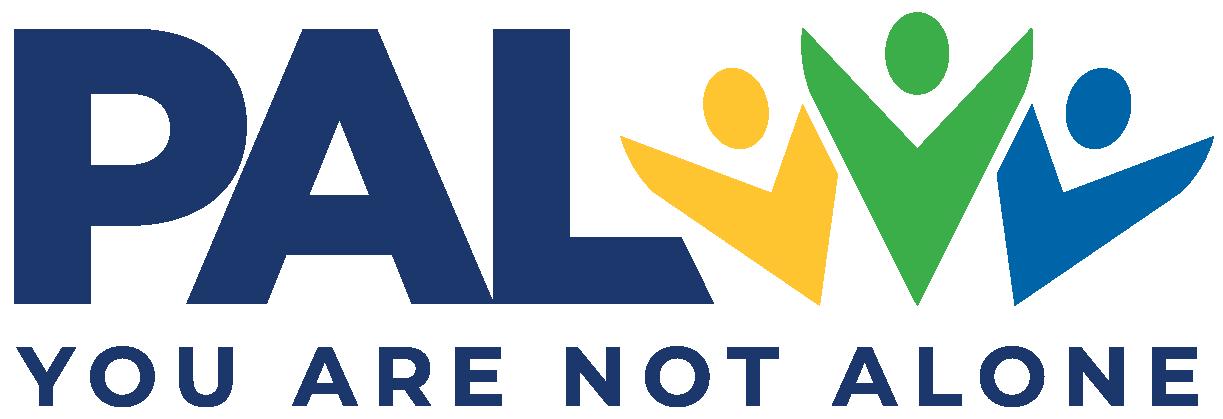
There was a time when the idea of “boundaries” and limits felt like rejection to me. Any time someone told me no, created distance, or didn’t immediately come to my rescue, I internalized it as abandonment. I was stuck in survival mode, and I viewed love through the lens of enabling. If you really cared, you wouldn’t let me fall. If you really loved me, you wouldn’t set limits. At least, that’s what I believed then.
But what I’ve come to learn is that the opposite is actually true: boundaries are love in action.
In the thick of my addiction and codependence, I didn’t understand that my actions were hurting everyone around me—not just myself. My family, like many others, was caught in a cycle of crisis and response, constant damage control. There was always a fire to put out, always a way to rescue me from the latest disaster I found myself in. It felt like survival, because it was. But it wasn’t sustainable. It wasn’t healing. And it wasn’t helping.
A huge shift happened for me when my parents did something that shook me to my core: they started to get help for themselves. They stopped trying to save me and started learning how to start saving their marriage and themselves. They found community in their own support group. They began to understand addiction in a way that removed shame and replaced it with wisdom, empathy and understanding. And slowly, they started setting boundaries—not to punish me, but to protect their own peace and sanity.
At first, I was angry. Hurt. Confused. But deep down, something shifted. I started to see that they weren’t giving up on me—they were choosing to love me in a new way. A healthier way. A way that said, “We will no longer be held hostage by the chaos, but we will always hold onto Hope for your healing.”
Watching my parents choose recovery for themselves was one of the most powerful motivators for me to do the same. It showed me that healing wasn’t just about getting sober—it was about learning how to live well. It taught me that love doesn’t mean losing yourself for someone else’s survival. It means standing firm in your values, even when it’s hard. ESPECIALLY when it’s hard.
In recovery, I’ve had to learn the same lesson for myself. Boundaries are not walls—they’re bridges. They help define where I end and someone else begins. They allow me to show up fully, without losing my sense of self. And they give me the clarity to love others from a place of strength, not fear.
What I needed most wasn’t saving—it was a road map. And that’s exactly what my parents and others I’ve witnessed in Recovery and other families gave me when they chose to start their recovery from unhealthy helping too.
You’re not failing by setting boundaries. You’re modeling what healthy love and relationships look like.
And sometimes, that’s the very thing that begins to change everything.
-Jamie, In Recovery

We had to ask our son to leave our home after he used multiple times in our home. He has no place to go but he has a car. After multiple lies and crossing if our boundaries of no use in our home we had no choice. I hope he figures things out but I have reached my limit.
Completely understand, hopefully you have found hope in attending PAL. Also would like to apologize, our system was not notifying us of comments. Looks like it just
Thank you, Jamie, as our homeless son sits in Orange County, California jail detoxing while awaiting arraignment we need to be reminded that bailing him out could be a death sentence for him. We are taking his calls and listening to his pleas for bailout. We have been here before but, telling him no to bail and gently suggesting that he pursue recovery is excruciating. We know it is the right thing to do but, the urge to rescue him from the consequences of his actions always creep in. Your story validates our decision. Good luck in your recovery.